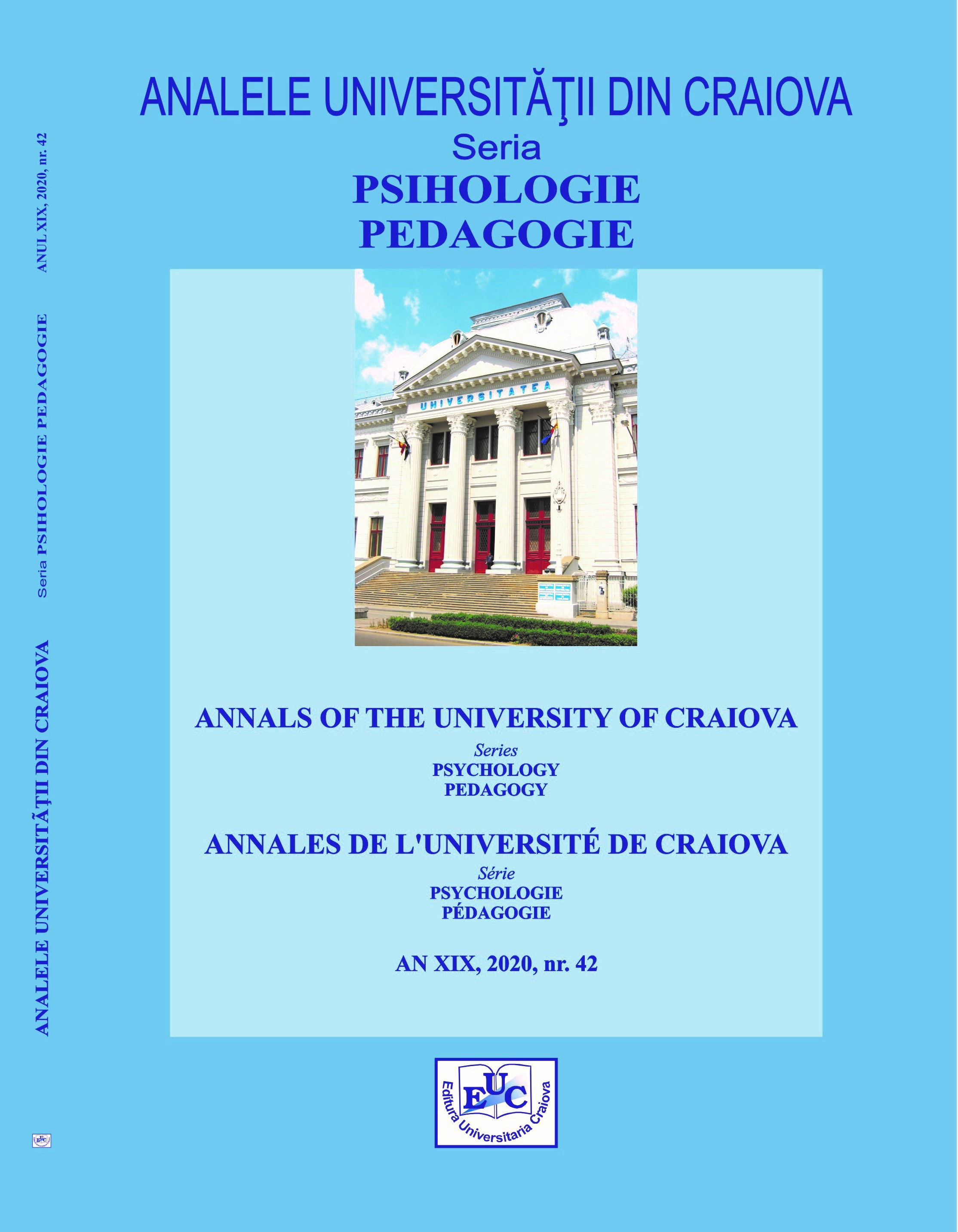FORMATION OUVERTE ET À DISTANCE (FOAD)
ET STRATÉGIE NUMÉRIQUE DE CONTINUITÉ PÉDAGOGIQUE EN CONTEXTE COVID-19 : RETOUR D’EXPÉRIENCES
E-LEARNING AND DIGITAL STRATEGY FOR PEDAGOGICAL CONTINUITY IN THE TIME OF COVID-19: EXPERIENCE FEEDBACK
Author(s): Moustapha Mbengue, Djibril Diakhate, Mohamed LatSack DiopSubject(s): Distance learning / e-learning, Pedagogy
Published by: Editura Universitaria Craiova
Keywords: E-learning; Educational continuity; Covid-19; School of Librarians; Archivists and Documentalists (EBAD); Senegal;
Summary/Abstract: In the fight against the spread of the coronavirus disease Covid-19, the Senegalese authorities had decided to suspend teaching in schools and universities throughout the country as of Monday 16 March 2020. The following question then arose for universities and higher education institutions: what are the modalities to ensure the continuity of the public service of education? The School of Library, Archivists and Documentalists (EBAD) of the Cheikh Anta Diop University of Dakar, with more than twenty years of experience in the field of distance learning, on the recommendation of the supervisory authority, had embarked on the implementation of a strategy to ensure pedagogical continuity. The aim was to enrol students initially enrolled in face-to-face training in distance learning. This initiative was fraught with uncertainty given the novelty of the situation and, above all, the many challenges to be met, particularly in terms of raising awareness among the players involved, the availability of technological equipment and skills, tutoring of courses for first-year students, etc. The aim of the initiative was to ensure the continuity of teaching. This article presents the strategy and action plan for enrolling students in the FOAD adopted by the EBAD. Through a link between “case studies” and scientific reflection, it is part of a practical and reflective perspective and is intended to be an inspiring model of adaptation for higher education institutions in developing countries.
Journal: Analele Universității din Craiova, seria Psihologie-Pedagogie
- Issue Year: 42/2020
- Issue No: -
- Page Range: 59-75
- Page Count: 17
- Language: French

